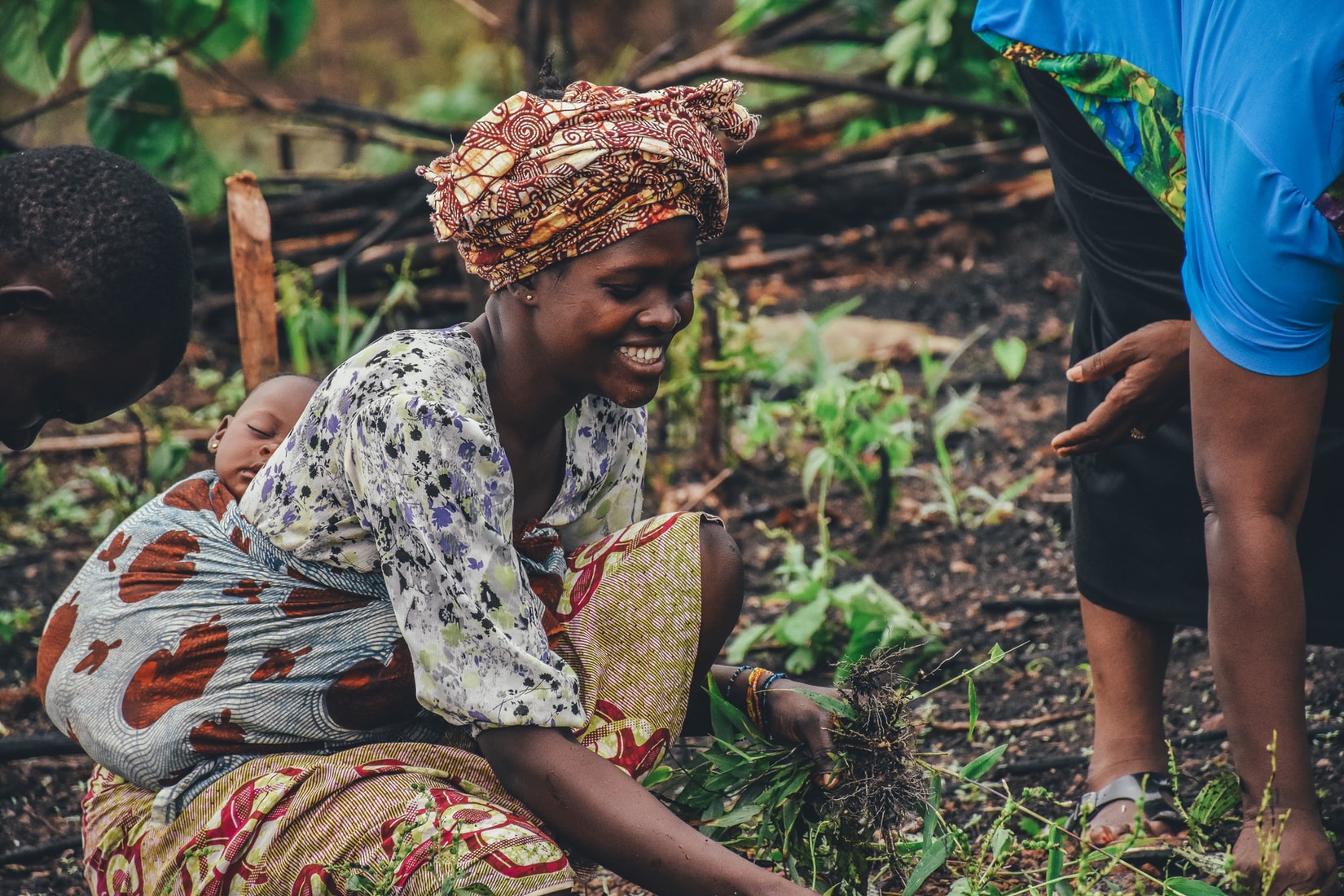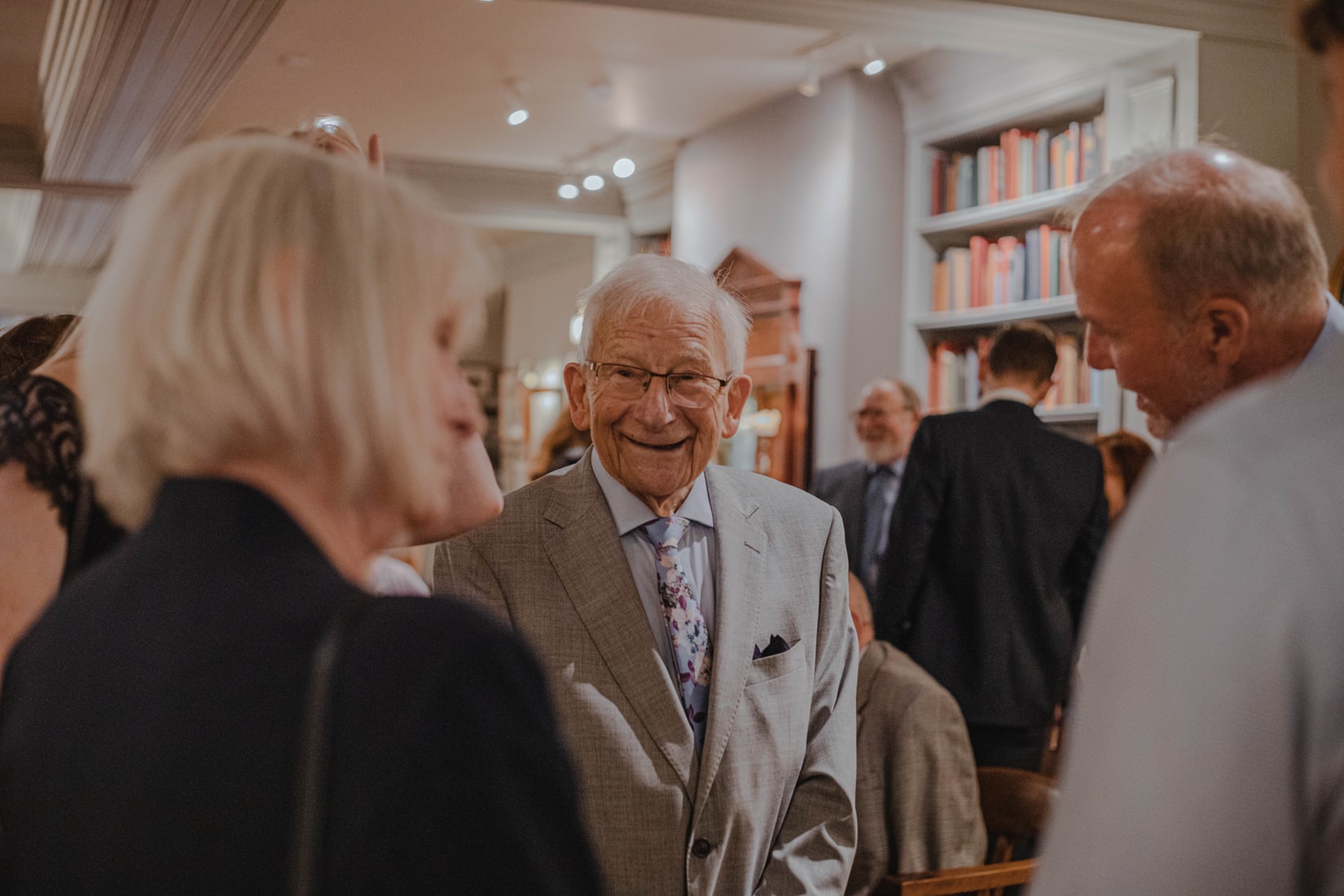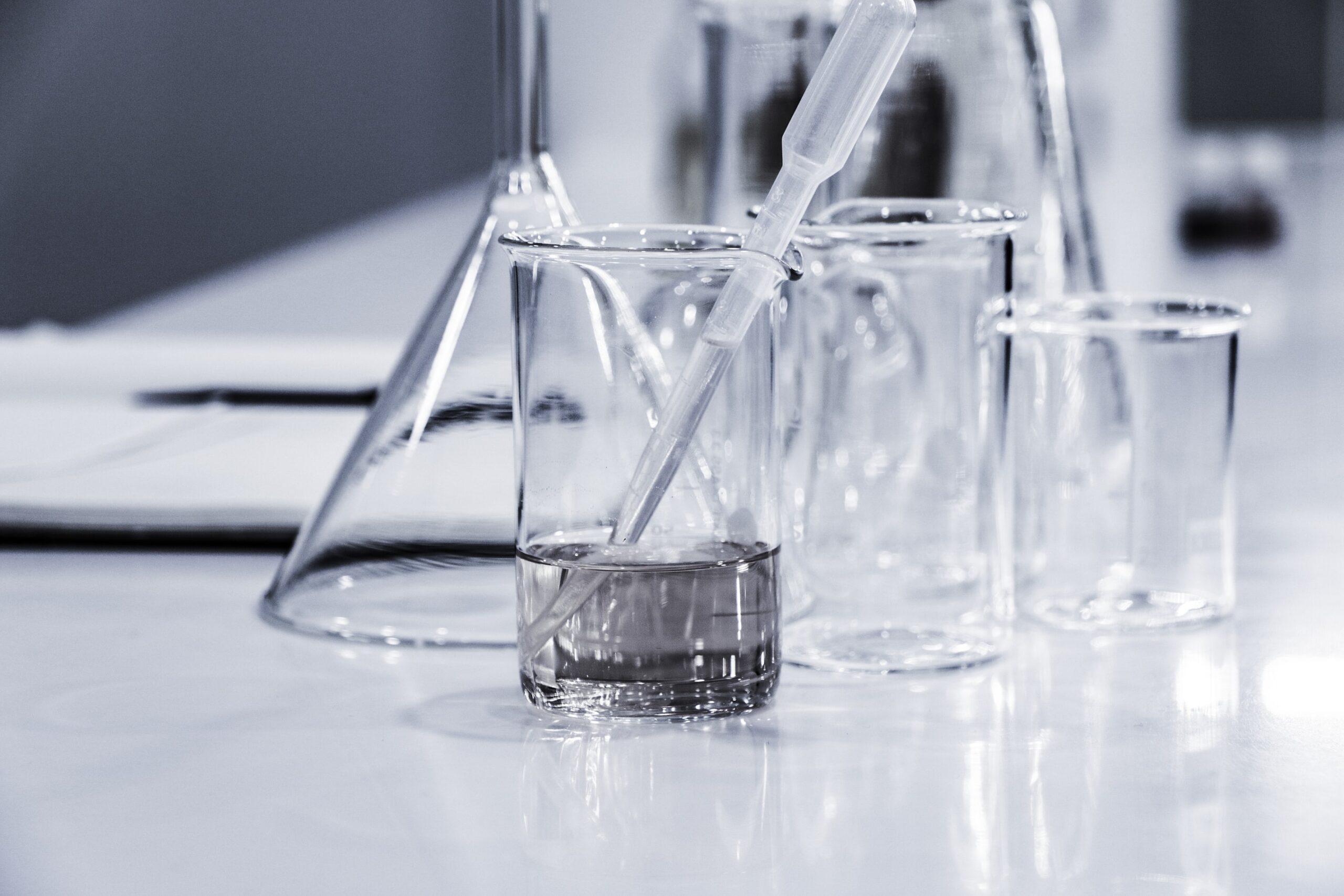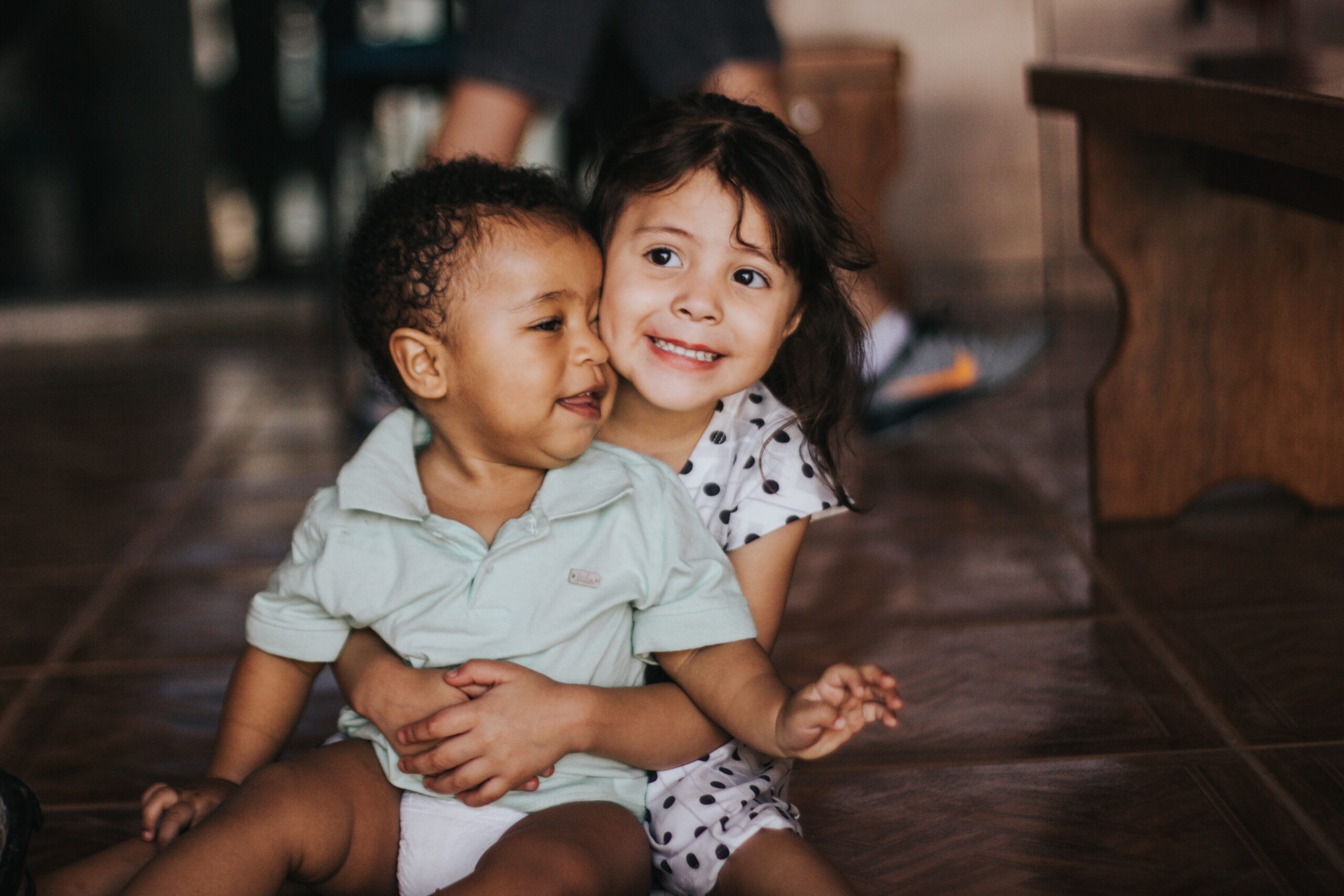


In early 2022, the Bill and Melinda Gates Foundation (BMGF), in an effort to foster neglected disease drug discovery in countries that are most affected by these diseases, awarded a grant jointly to the University of Ghana in Accra, the Noguchi Memorial Institute for Medical Research (NMIMR, a biology research facility that is part of the University of Ghana), and the Kwame Nkrumah University of Science and Technology (KNUST) in Kumasi, to establish a collaborative drug discovery program in Ghana. The Principal Investigator for the grant is the Director of NMIMR, Professor Dorothy Kyerewah Yeboah-Manu, where all the biological testing will occur. The medicinal chemistry effort is being led by Professor Richard Kwamla Amewu in the UG chemistry department. The pharmacokinetic studies will be done at KNUST. The group calls itself the Drug Innovations Group (DIG).
When the grant was awarded, BMGF asked Lgenia if we could mentor Professor Amewu and his students, and we readily accepted and have been meeting with them via Zoom through most of 2022. In these meetings, we share our expertise gained during our collective nearly 200 years in the pharmaceutical industry, and offer suggestions and guidance as they try to develop their own drug discovery expertise.
This February, Miles Siegel, a Senior Portfolio Director for Lgenia, traveled to Africa for a ~6 month “check-in” to see how far they had come, and how we might best assist them in the future. It was Dr. Siegel’s first opportunity to meet Professor Amewu and his students in person. Other members of the group on this trip included a large contingent from the University of Dundee (including the vice chancellor for the university), who have been working closely with DIG, as well as representatives from BMGF, and a UK-based medical charity called LifeArc.
Days 1 and 2 of the trip were spent touring both the chemistry labs and the NMIMR, meeting the various faculty and students, and hearing about the history and background of NMIMR and the University. This included a talk and a reception followed by a dinner at a local restaurant, and a short symposium from several NMIMR faculty members and Professor Amewu about their ongoing research.
On day 3, the group flew to Kumasi and spent the day touring the campus and facilities at KNUST, which included a meeting with the Vice Chancellor, Professor Rita Akosua Dickson.
The morning of day 4 was spent with Professor Amewu’s group. They presented their research in a fairly informal setting, and we had an opportunity to ask questions and offer suggestions. They are remarkably under-equipped relative to anything seen in the US (with less equipment than the typical American high school chemistry lab), but they still manage to accomplish quite a bit. They are a young, bright, and enthusiastic group. The afternoon was spent with the NMIMR biologists, who presented their DIG work, and we again asked questions and offered suggestions.
Day 5 was mostly a review of the visit in the morning, going over priorities for the next 6-12 months, addressing ongoing issues, and finalizing various plans. All attendees gave feedback on what we saw as potential issues and suggestions for improvement, and what seemed to be going well. There was a farewell lunch at a local restaurant, and the afternoon was some final logistics.
This was Dr. Siegel’s first trip anywhere in Africa, and he would love to hopefully have the opportunity to go back in the next year or two to see how the operation has progressed.
Below is a PDF detailing the other trip attendees.




